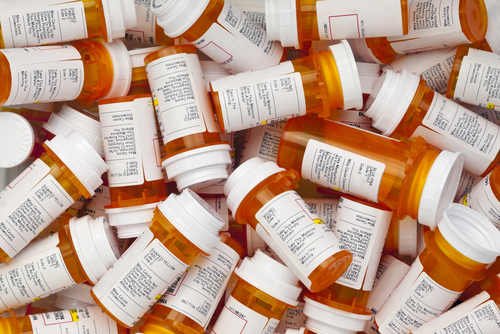When individuals are injured or killed due to big pharmaceutical companies, they (or their loved ones) are entitled to compensation for their pain and suffering, loss of wages, loss of life, and the lack of accurate information given about a pharmaceutical drug or the incompetence of regulation.
However, tort reformers want to make it more difficult for individuals to file lawsuits against pharmaceutical companies, make it nearly impossible to obtain a jury trial in a civil action, and they want to place limits on the amounts of compensation that people can recover in a pharmaceutical lawsuit. Tort reformers believe that by putting a cap on compensation in drug company cases, they are saving the economy from being negatively affected and are keeping lawyers from wasting their time and resources on “frivolous” lawsuits.
Tort advocates, on the other hand, say that many people who are injured by prescription drugs never file claims nor do they receive huge sums of money that tort reformers are so eager to cap.
How Much Regulation Do We Need?
Although drug safety is far from error free, the FDA works hard to regulate pharmaceuticals and making sure that patients receive as much up-to-date information as they possibly can. While tort reformers believe that they can help with regulation, by limiting pharmaceutical liability among various states, the FDA argues that states should not second-guess the FDA’s expertise.
Successful Pharmaceutical Settlement
While tort reformers push to settle pharmaceutical claims out of court in states like South Carolina, Texas, and Michigan, many claims are still being successfully settled in court. In December, 2015, the Kentucky Attorney General, Jack Conway, announced a $40 million settlement with two drug companies, one that makes Oxycontin and the other that makes the bipolar and schizophrenia drug, Risperdal.
Purdue Pharma, the makers of Oxycontin, faced a payout of $24 million after the company was accused of lying to doctors about opioid pain reliever, telling them that “there is no buzz or or euphoria” associated with the drug. They also lied about the rate of addiction, claiming that less than 1% of patients become addicted to Oxycontin (Oxycontin is one of the most abused prescription painkillers).
The other company, Janssen Pharmaceuticals, the makers of Risperdal agreed to a payout of $15.5 million after being accused of false advertising. The drug, that is used to treat schizophrenia and bipolar disorder, was encouraged to be used on children with ADHD and elders with dementia. Not only did the company fail to tell doctors that the drug was known to cause diabetes, hormonal imbalances, and even early death, they made recommendations without FDA approval.
Unlike other successful drug settlements, the compensation will not go directly to the patients, but rather to support drug prevention and drug treatment programs, which eventually goes back to patients who struggle with Oxycontin addictions.

